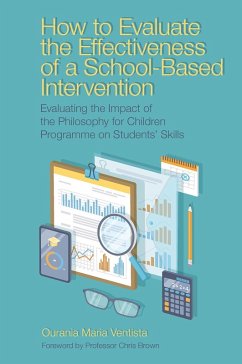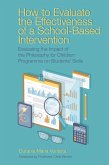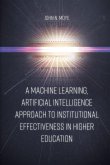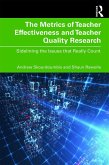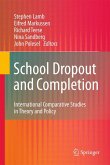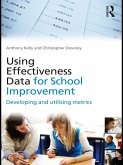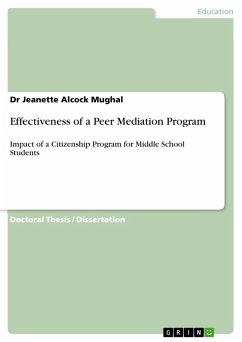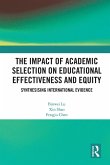Evaluations of school-based interventions are and should be conducted in order to examine the programme effectiveness and whether and how these programmes should be implemented in schools. Over the last century Randomised Controlled Trials (RCTs) have been seen as the 'gold standard' for evaluation, however How to Evaluate the Effectiveness of a School-Based Intervention presents a multi-dimensional evaluation framework, which is not only based on measurable outcomes. According to this framework, the evaluation of a programme should combine different methods and perspectives, and should examine the impact of the programme on many student's skills prior to reaching a conclusion of whether and how a programme should be implemented.Suggesting a cost-effective method of conducting a multi-dimensional evaluation research study, in order to include the examination of the impact of the programme on students' thinking skills, this book investigates how these skills can be defined and assessed effectively and presents a step-by-step guide by demonstrating how the multi-dimensional evaluation of the Philosophy for Children programme was conducted.Evaluating the programme from an independent standpoint, this book is essential reading for researchers conducting evaluations in education; researchers who are interested in Philosophy for Children research; and teachers and trainers who internationally implement P4C in their classrooms.
Dieser Download kann aus rechtlichen Gründen nur mit Rechnungsadresse in A, B, BG, CY, CZ, D, DK, EW, E, FIN, F, GR, HR, H, IRL, I, LT, L, LR, M, NL, PL, P, R, S, SLO, SK ausgeliefert werden.

